Khalid ibn al-Walid
(c. 592 CE – 642 CE)
The only man who ever conquered half the world barefoot—and still died pissed off he couldn’t do it twice.
“If death is what you fear, then you’ve already met him. I just give him your address.” — Khalid ibn al-Walid (allegedly)
The desert doesn’t whisper; it hisses. Wind scours the dunes, heat warps the horizon, and somewhere in that shimmering mirage a man called the Sword of God sharpens the edge of an empire. Khalid ibn al-Walid is not supposed to exist—he’s the kind of figure historians argue over like drunks arguing about who’d win between a lion and a tank. The answer, as it turns out, is Khalid. Because Khalid was both.
It’s the 7th century, Arabia—a world of tents, tribes, and too much testosterone. The Prophet Muhammad is alive, Islam is spreading, and the peninsula is eating itself in a hundred little wars. Khalid starts out fighting against Muhammad, which is a bold life choice when the man you’re trying to kill ends up being the founder of a world religion. But young Khalid, son of the Quraysh aristocracy, knows nothing but war. He’s a cavalry officer before the concept exists, a man who treats tactics like art and slaughter like theology.
At Uhud (625 CE), he’s the reason Muhammad’s army almost gets wiped out. While the Prophet’s archers abandon their posts for loot, Khalid’s horsemen swing around like a sandstorm and rip through the Muslims’ exposed flank. It’s textbook maneuver warfare, and Khalid just invented the concept of “flanking fire” without ever touching a map. Muhammad survives, barely. Khalid becomes a hero among the Quraysh. He probably goes home, pours some camel milk over his wounds, and wonders what else God has to offer him.
Two years later, he finds out.
Somewhere between one revelation and another, Muhammad forgives him. Khalid converts, probably with a shrug, maybe with a smirk. The cynics say he switched sides when the wind changed. The believers say God himself handed Khalid the sword. Both are right. Because what Muhammad got wasn’t just a new convert—it was a nuclear option with perfect horse posture.
Khalid’s first act as a Muslim commander is to obliterate the tribe of Banu Jadhimah for “hesitating” to convert properly. Muhammad is furious, sends a messenger to pay blood money to the survivors, but even he doesn’t strip Khalid of command. Maybe because Khalid’s apology is essentially: “Sorry, I didn’t hear the word ‘peace’ over all the dying.”
From then on, the Sword of God is unsheathed—and never sheathed again.
The Desert Napoleon
By 632 CE, Muhammad is dead, and the Arabian tribes are already revolting against the new caliph, Abu Bakr. It’s chaos—apostates, false prophets, tax revolts, tribal grudges—but Khalid lives for this kind of apocalypse. The so-called Ridda Wars are his bloody debut as Islam’s enforcer. In a matter of months, he annihilates rival armies across Arabia with the kind of speed that would make Patton weep.
His masterpiece: the Battle of Yamama (633 CE). His enemy: Musaylima the Liar, a self-proclaimed prophet with his own pseudo-religion and a private army. The battlefield becomes an abattoir—thousands die, corpses rot under the sun, and Khalid personally cuts Musaylima down in the middle of the carnage. When it’s over, the Caliphate stands. Arabia is unified. And the Quran’s final version gets compiled largely because so many reciters died in Khalid’s victory. You could say the Book survived because of how many people Khalid killed making sure it would.
Now the Arabs need somewhere else to aim all this holy momentum. Khalid obliges. He looks north—to Persia and Byzantium—and says the medieval equivalent of: “Hold my date wine.”
The One-Man Blitzkrieg
The Persians think the Bedouin can’t fight. The Byzantines think the desert warriors will melt in the Levantine sun. Both are wrong. Khalid is already moving at speeds no one can believe—forty thousand men crossing hundreds of miles in a matter of weeks, fighting and winning the entire way.
At Ullais, he kills so many Persians that the Euphrates literally runs red. Chroniclers call it the River of Blood; Khalid allegedly swore an oath to make the river flow with his enemies’ gore and then kept that promise with industrial efficiency.
In Iraq, he invents the modern concept of rapid deployment. When a battle isn’t going his way, he divides his cavalry into multiple units that appear at once from every direction, as if the desert itself is birthing more Khalids. He wins at Walaja with a double envelopment maneuver worthy of Hannibal. Except Hannibal had elephants—Khalid just had fanatics on camels.
Then, with barely any rest, he marches west across the Syrian desert in what military historians still call one of the most brutal forced marches in history: over 500 miles of sand and hell to surprise the Byzantines at Ajnadayn (634 CE). The Romans, armored and organized, expect another skirmish. Instead, they get Khalid.
He doesn’t fight battles so much as compose them. His lines breathe. His cavalry feints. His infantry collapses and rebounds like a living organism. The Byzantines—God’s professional soldiers—die in orderly lines while Khalid’s army screams “Allahu Akbar” and dances through the chaos.
The result: Syria falls. Damascus surrenders. Khalid captures the city by night and allegedly spares it by day. His reputation alone wins half the campaign—cities surrender rather than face him. His nickname becomes official: Saifullah al-Maslool, “the Drawn Sword of God.”
The Fall of the Sword
And yet, the Sword of God eventually cuts too close to the hand that wields it.
When Caliph Abu Bakr dies, his successor Umar ibn al-Khattab inherits both an empire and a problem: a general too legendary to control. Khalid is unbeatable, untouchable, and increasingly insubordinate. Umar fires him mid-campaign—no warning, no ceremony.
The messengers ride into camp, hand over the letter, and just like that, the most feared man in the known world is unemployed. The soldiers reportedly weep. Khalid doesn’t. He finishes the campaign as if nothing happened—because the idea of not fighting simply doesn’t occur to him.
He spends the rest of his life on the margins—still revered, still dangerous, but stripped of command. He dies not on the battlefield, but in bed around 642 CE, in Homs, Syria. He weeps—not from pain, but from insult. “I’ve fought in a hundred battles,” he says, “and yet there is not a spot on my body without a scar—and now I die like an old camel.”
His fortune is seized by the Caliph. His memory is divided—half saint, half psychopath. The Muslims revere him as the hammer of God; the Byzantines curse him as the devil on horseback.
But death can’t silence a man who made killing into a kind of theology. In legend, Khalid becomes the archetype of unstoppable faith—discipline without mercy, piety without pity. His ghost haunts every desert war that came after. Arab generals invoke his name in speeches. Western historians whisper it when describing “lightning war.” He did it first. He did it barefoot.
You can almost see him grinning in the afterlife, watching modern armies with their tanks and drones and logistics spreadsheets, muttering: “Cute tricks. Try it with camels.”
Epitaph
Khalid ibn al-Walid died in peace, but not quietly. He was the man who fought for every cause, killed for every god, and still asked to die on his feet. The Sword of God—too sharp for its own sheath.
“When I die,” he said, “let my armor rot and my sword rust. There are no wars left worth fighting.”
History, predictably, proved him wrong.
Warrior Rank #189
Sources
Fred Donner, The Early Islamic Conquests (Princeton University Press, 1981).
Hugh Kennedy, The Great Arab Conquests (Da Capo Press, 2007).
Al-Tabari, History of the Prophets and Kings, Vols. 10–11.
Ibn Kathir, Al-Bidaya wa’l-Nihaya (“The Beginning and the End”).
Richard Gabriel, Muhammad: Islam’s First Great General (University of Oklahoma Press, 2007).
Anonymous Bedouin Memoirs, “You Think Your Commute Is Bad” (fictional).
Modern Warfare for Dummies, 7th-Century Edition (apocryphal).
Battlefield reconstruction by “some poor Byzantine chronicler crying into his wine.”

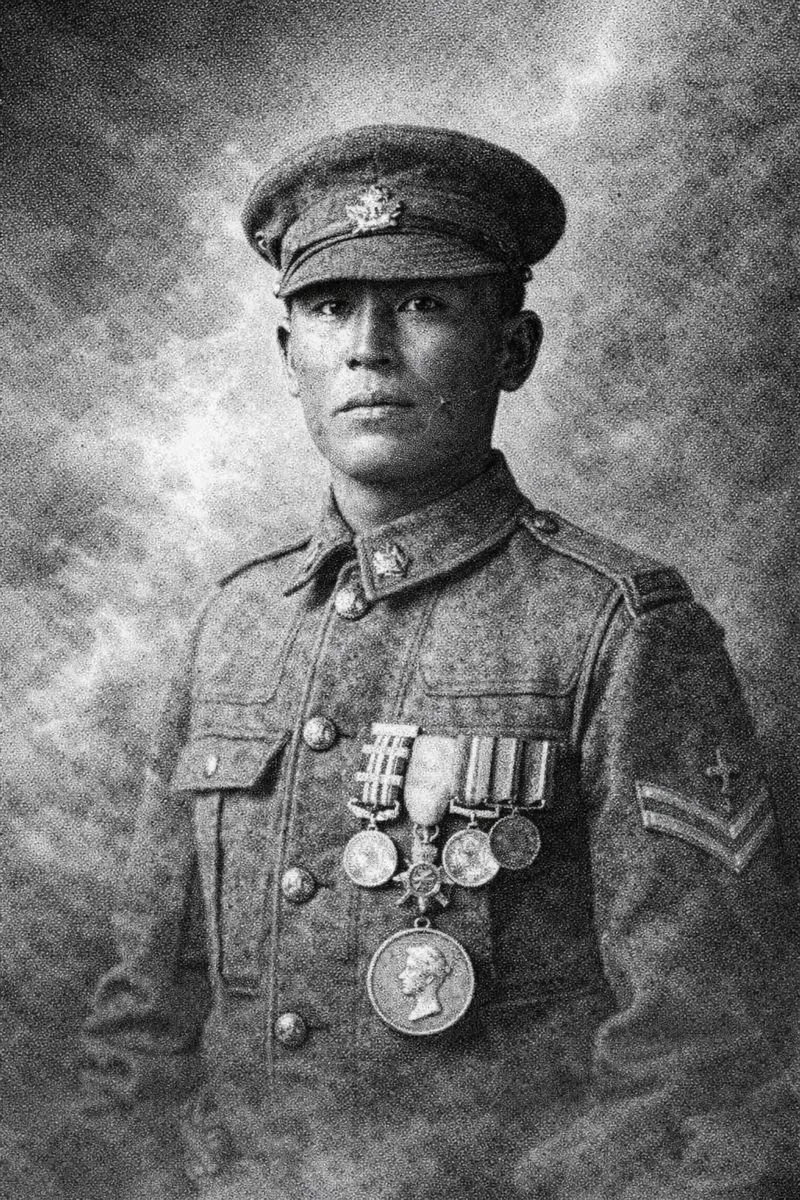
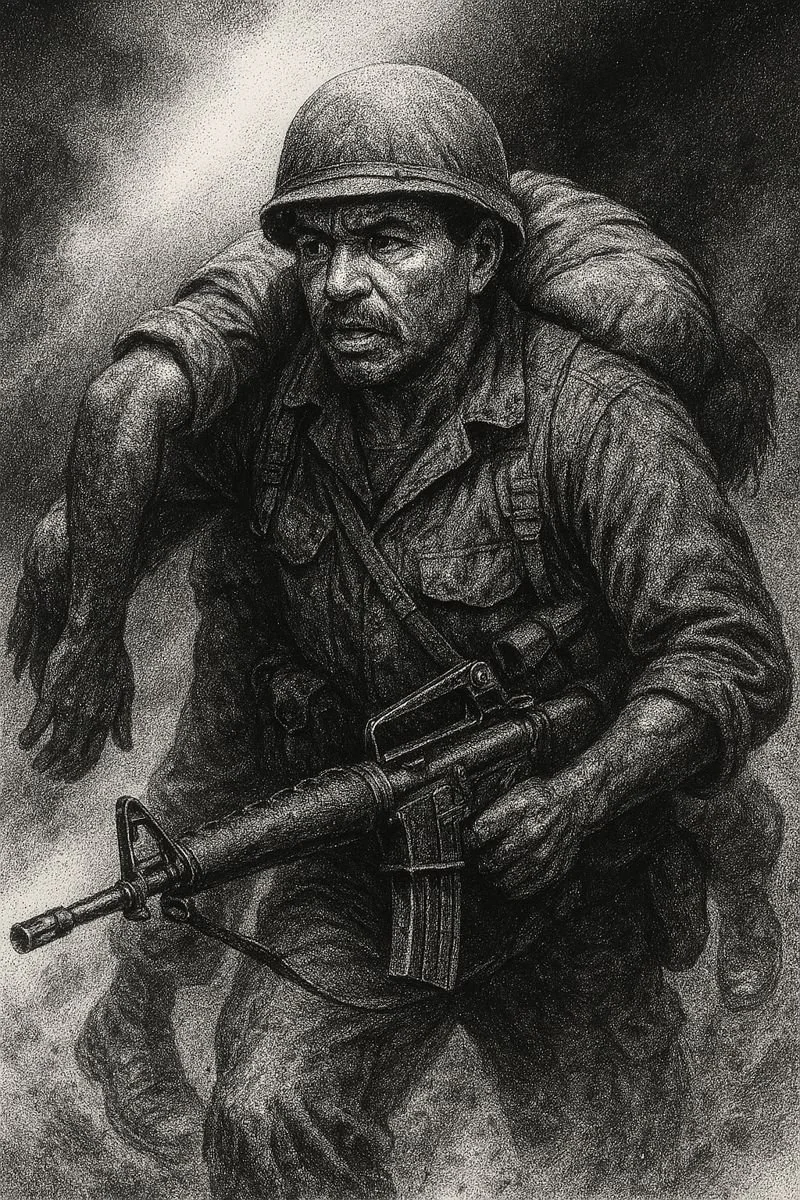
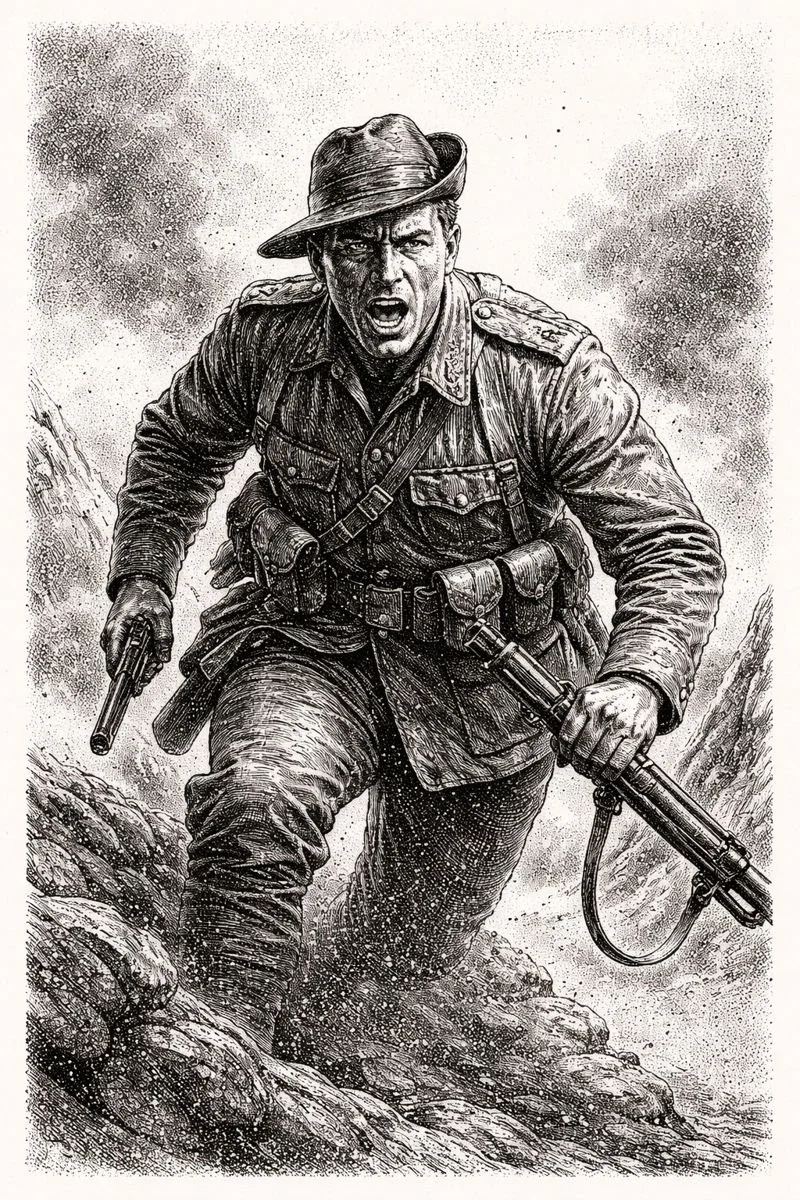
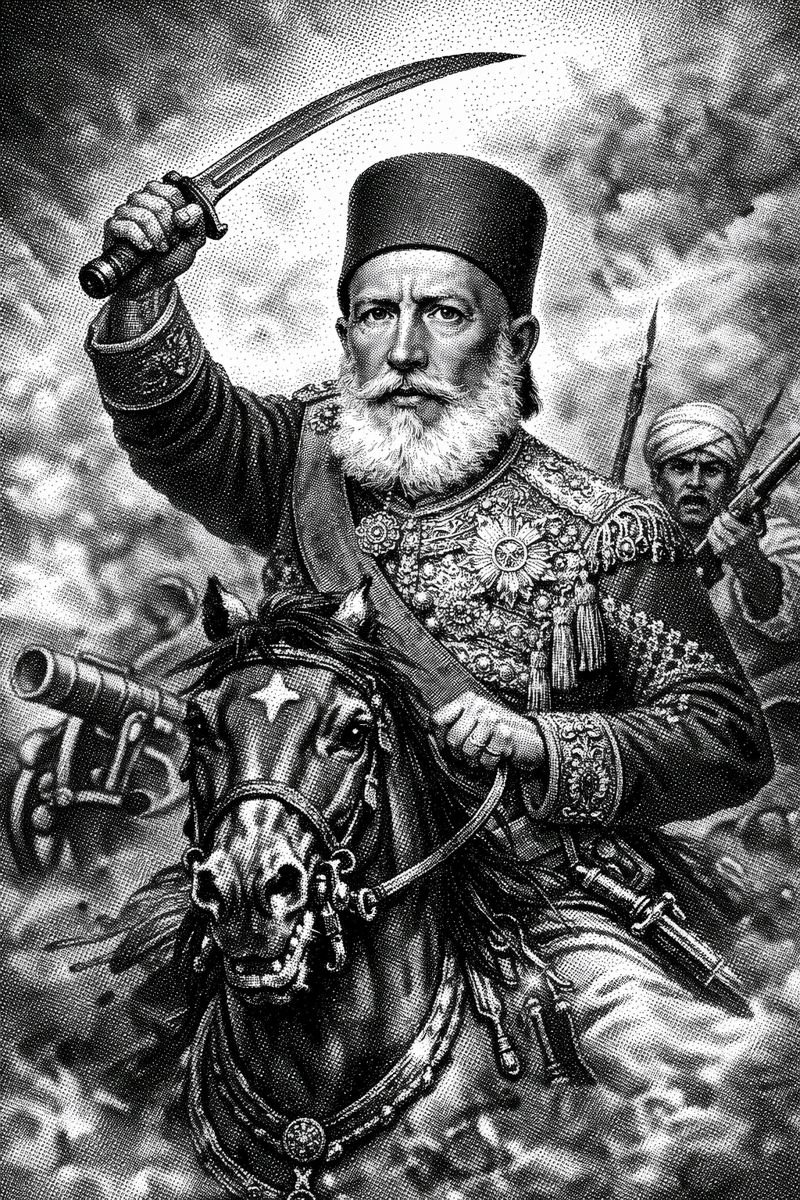
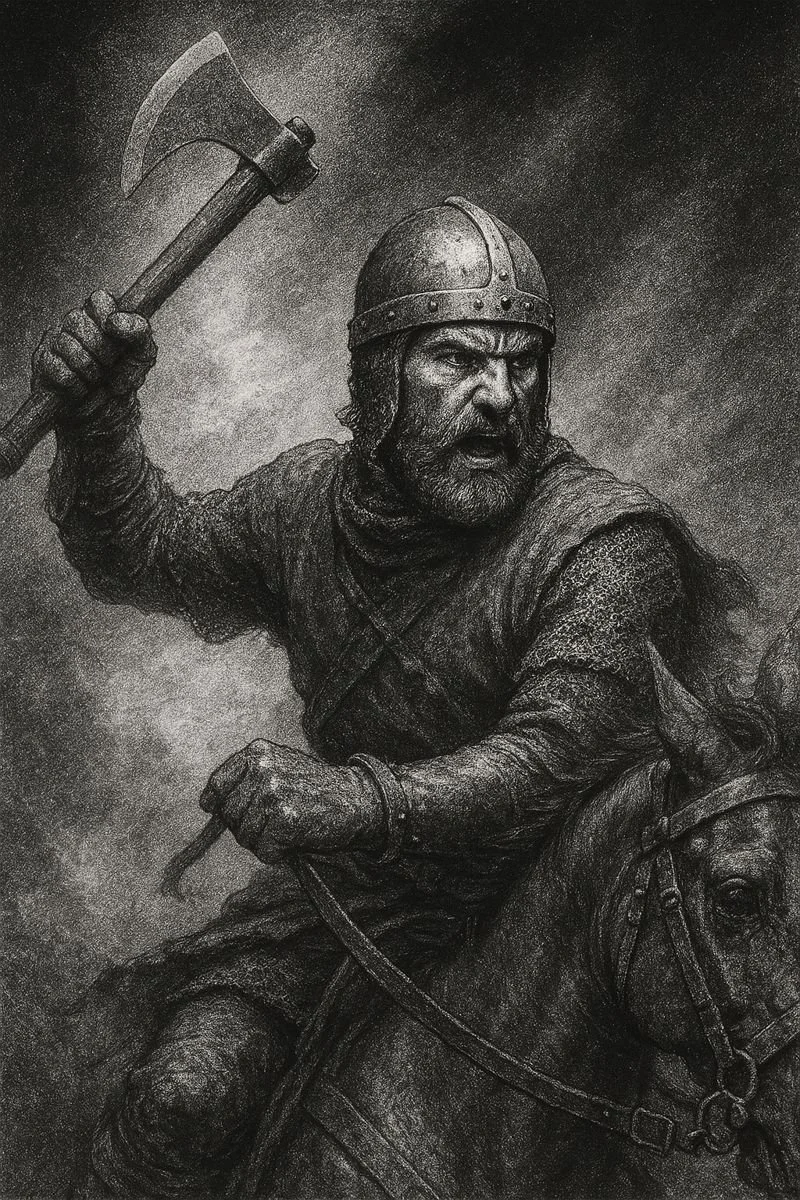
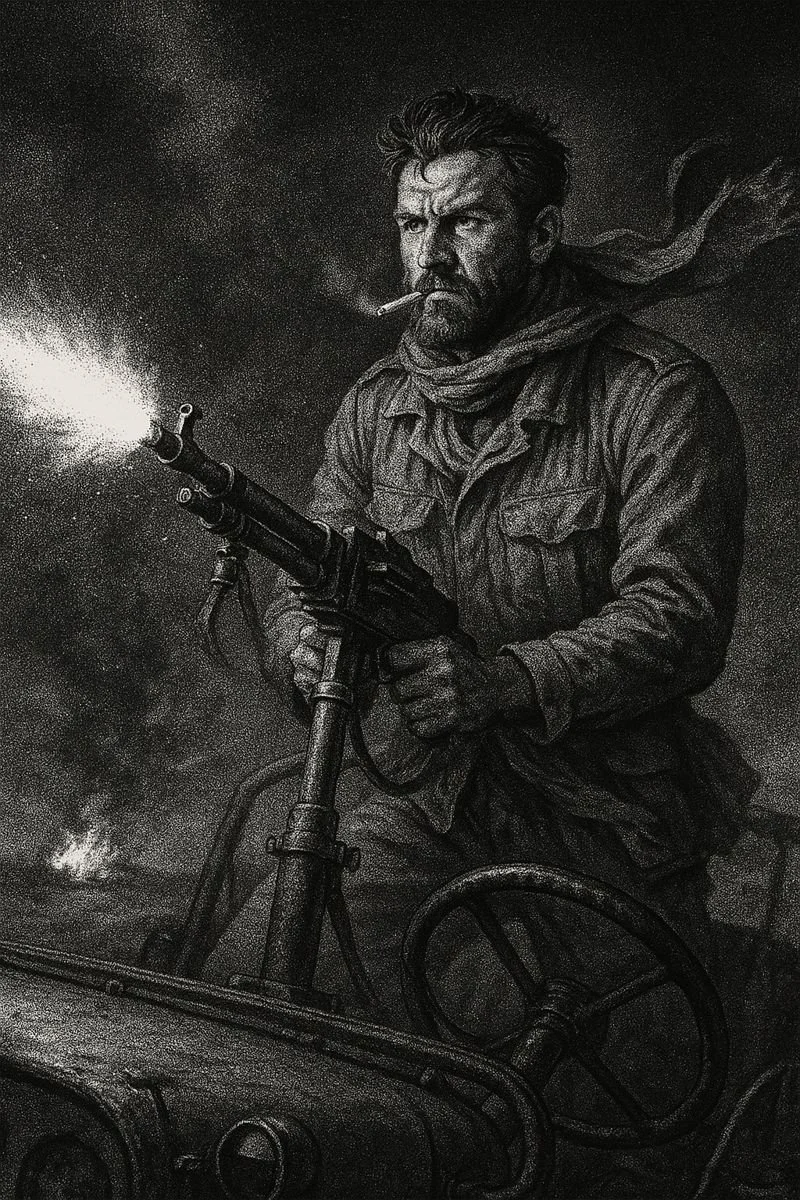
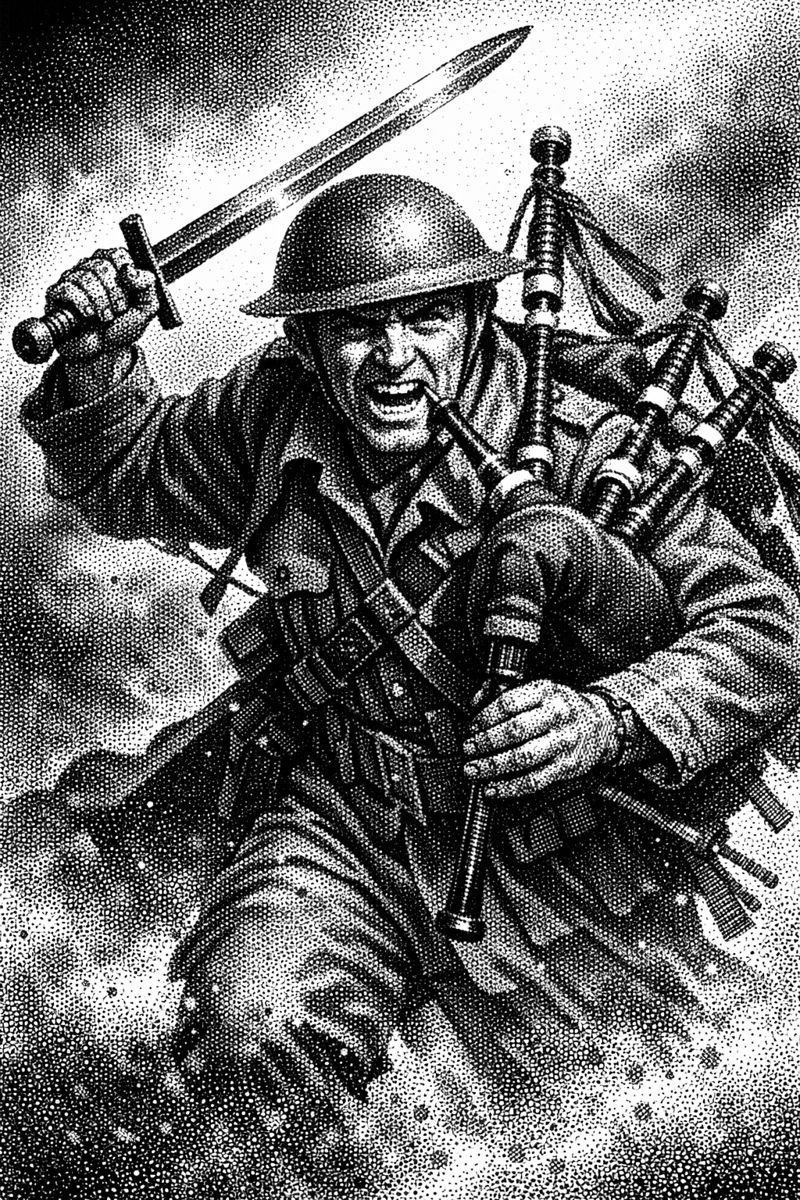
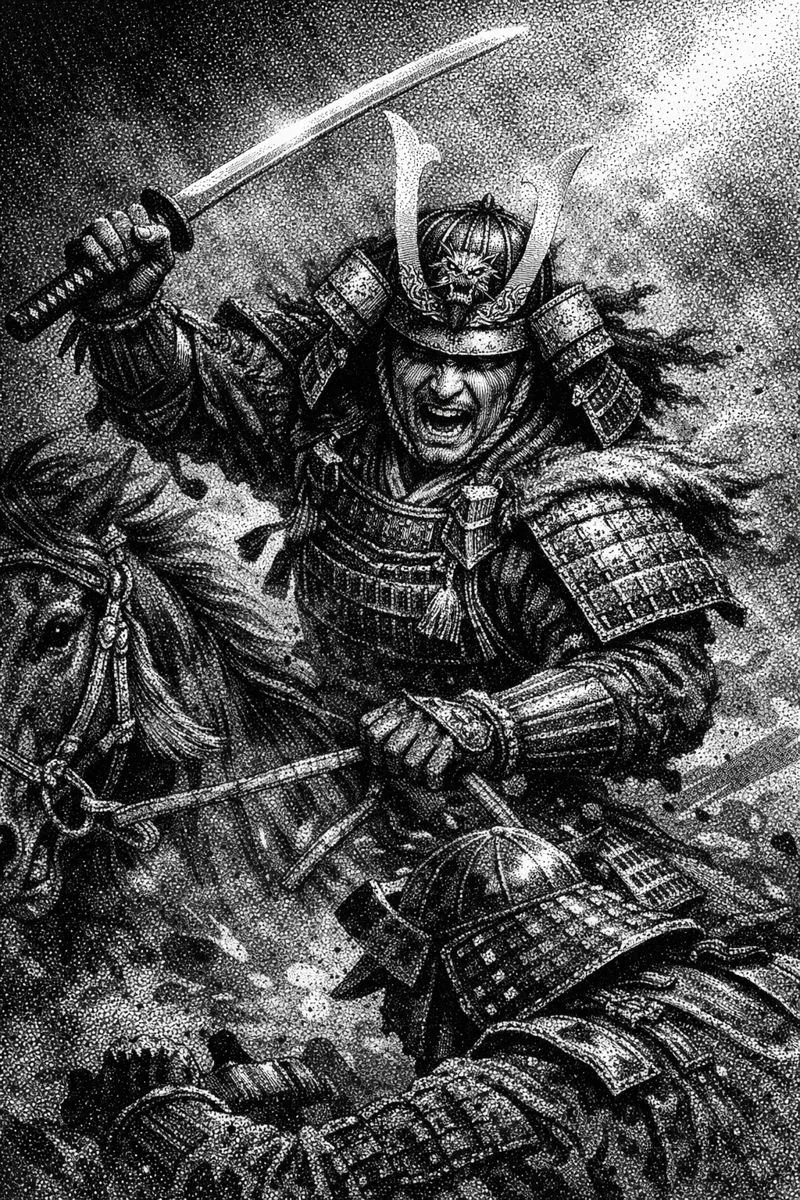

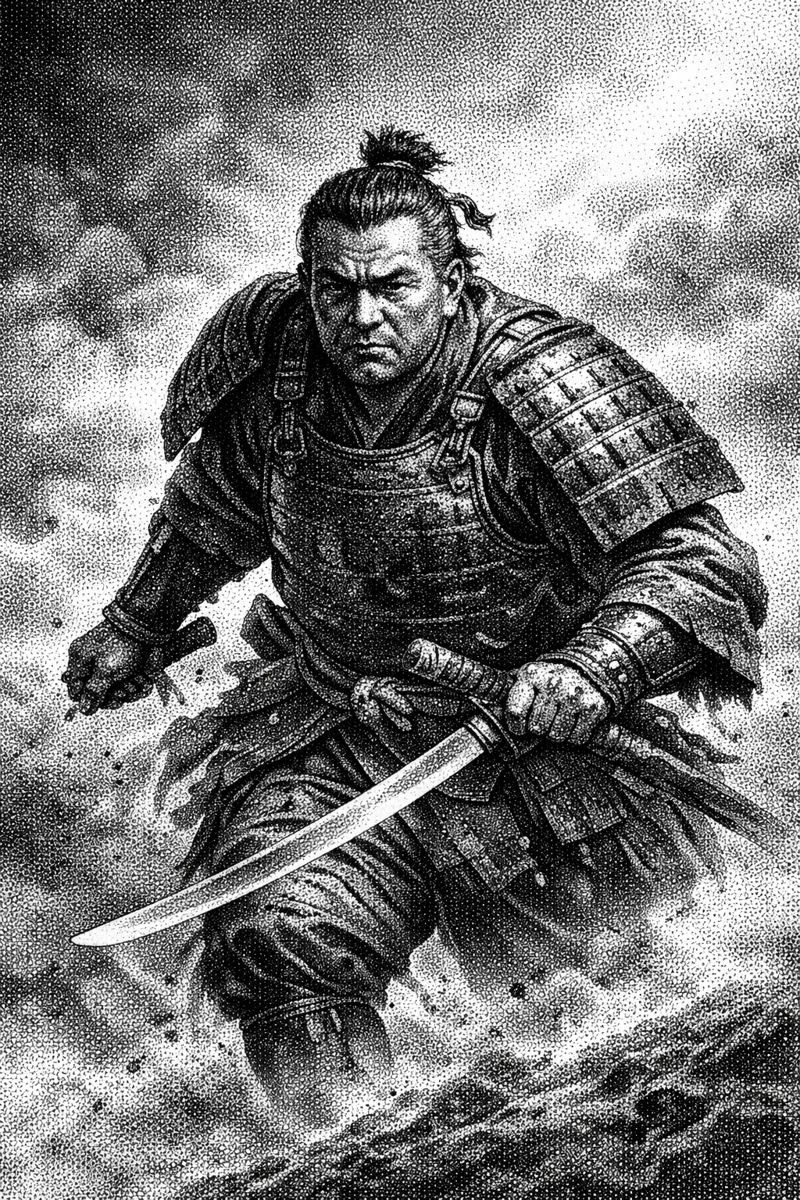

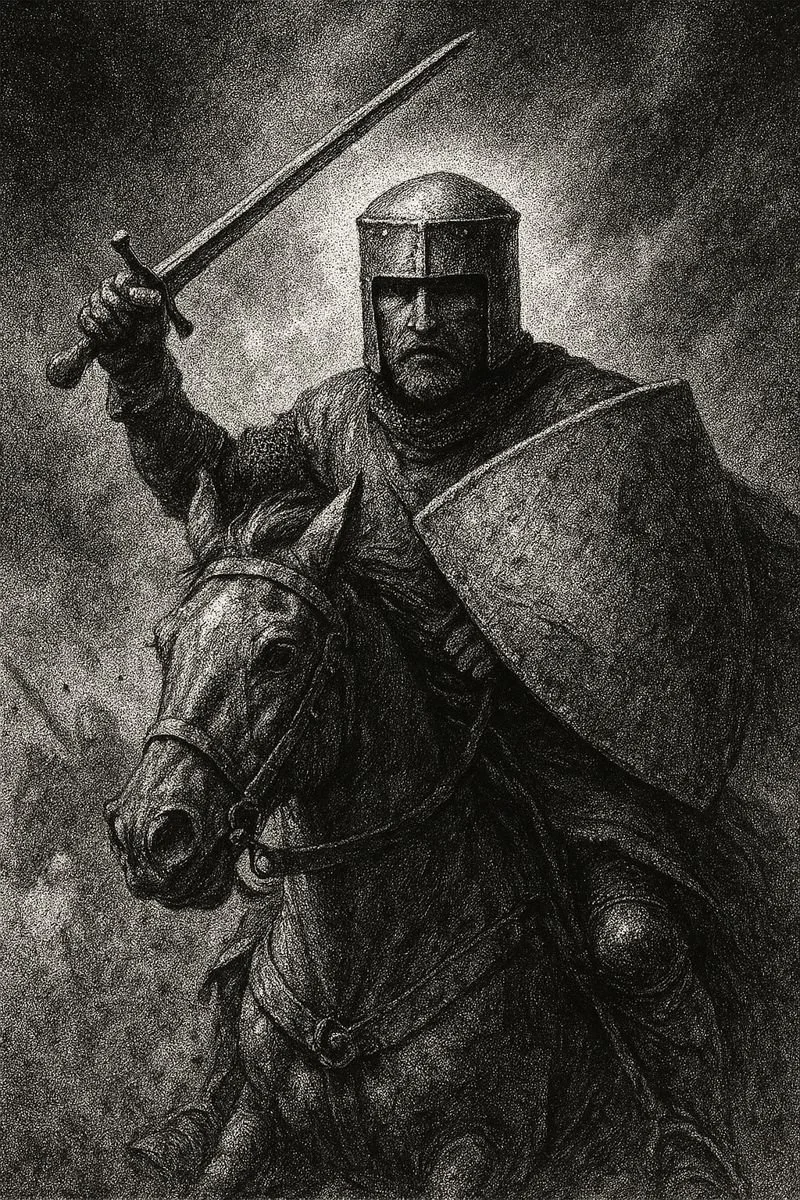

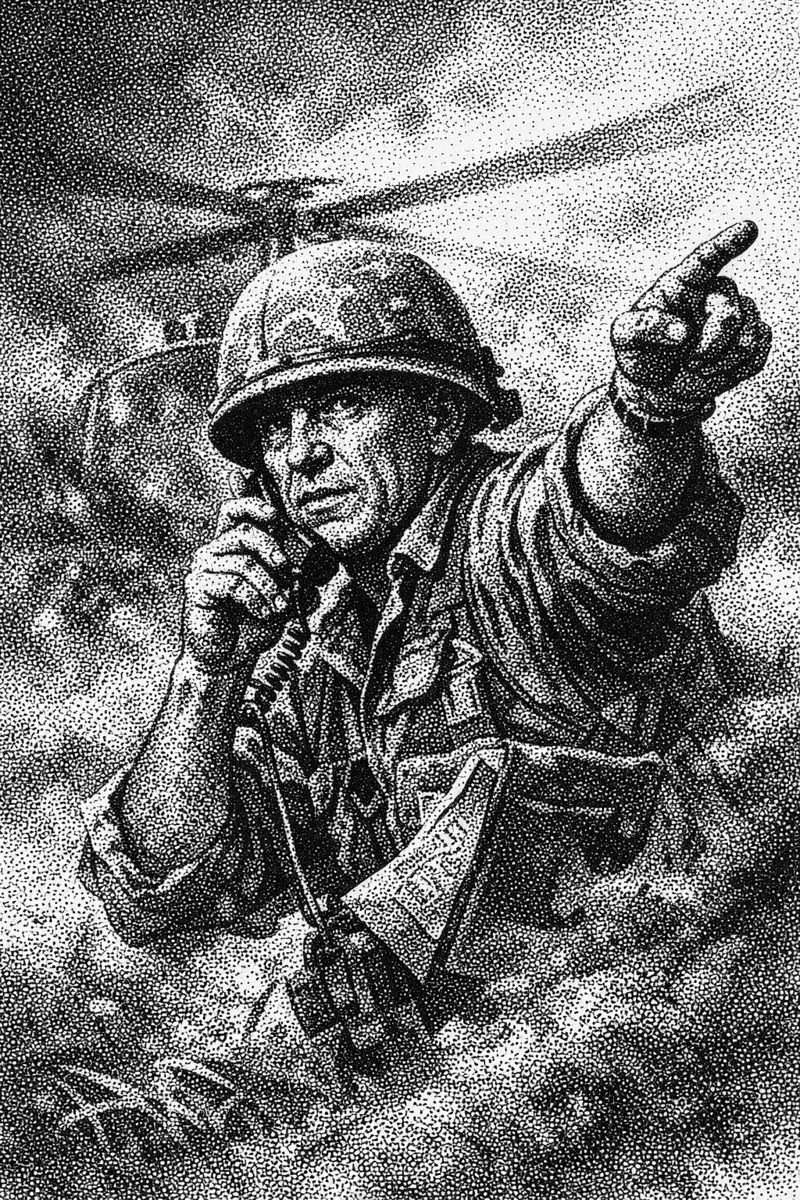
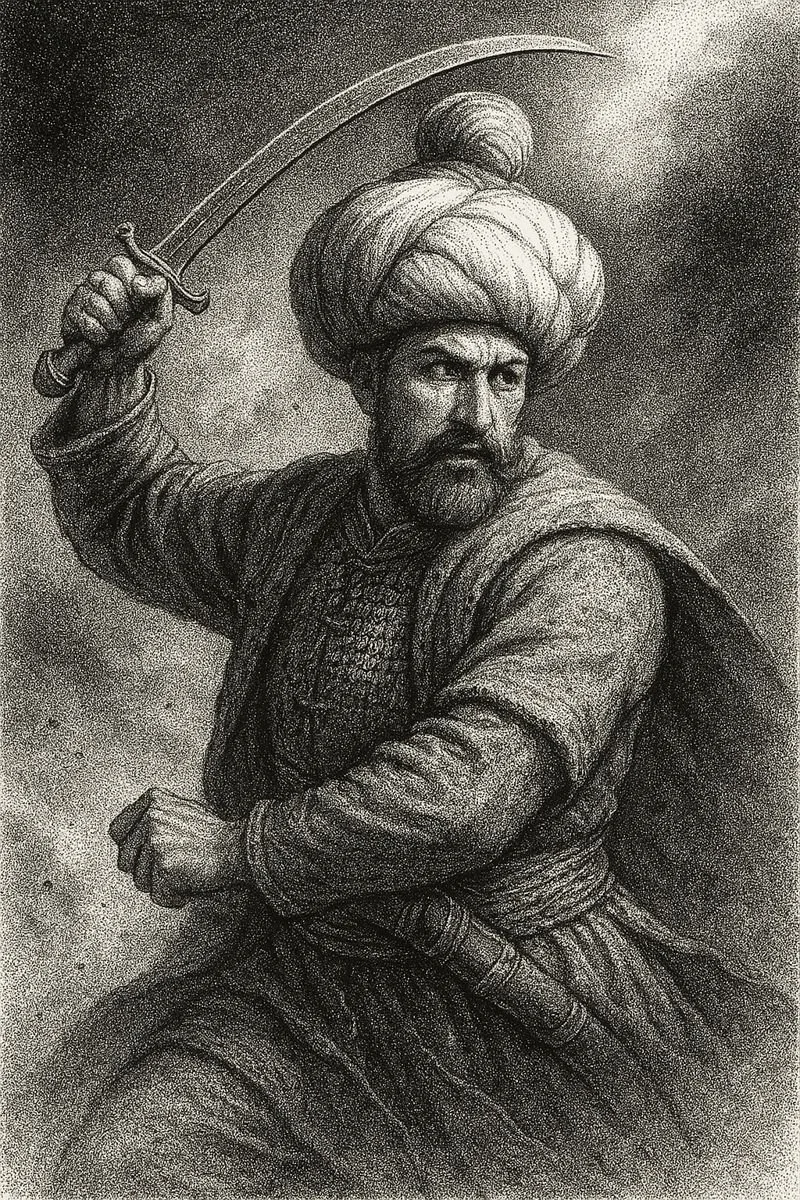
Charles XII of Sweden was a warrior-king who personally led his armies through the Great Northern War, turning early victories into legend through ferocious discipline and reckless courage. His refusal to compromise or retreat ultimately shattered Sweden’s empire, leaving behind a mythic figure admired for bravery and criticized for destroying everything he fought to protect.
Rank - 125